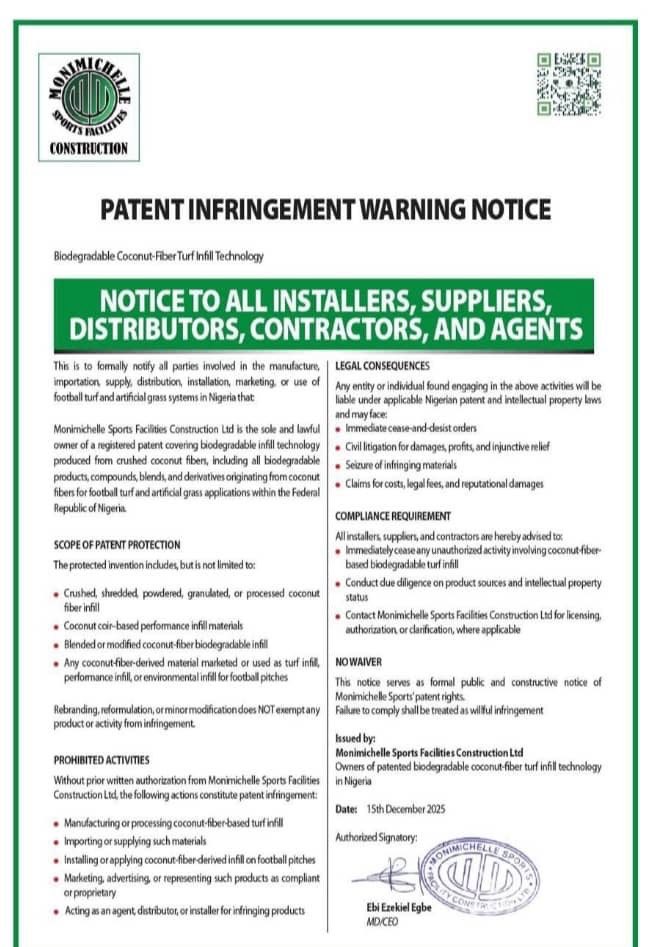Understanding why you keep ending up in toxic relationships


Finding yourself repeatedly entangled in toxic relationships can be a draining and confusing experience. Despite your best intentions, you may wonder why you seem to attract or stay in these harmful dynamics. Understanding the reasons behind this pattern is crucial for breaking free and fostering healthier connections. Here are some common reasons why you might keep ending up in toxic relationships:
1. Low self-esteem:
Self-worth issues: If you struggle with low self-esteem, you may accept mistreatment or settle for less than you deserve because you don’t believe you deserve better.
Validation seeking: Seeking validation from others can lead you to ignore red flags or tolerate unhealthy behaviours in a desperate attempt to feel accepted and loved.
2. Unresolved trauma:
Past experiences: Traumatic experiences from your past, such as abusive relationships or childhood trauma, can influence your relationship choices and patterns.
Recreating familiar dynamics: You may unconsciously seek out relationships that mirror past dynamics, even if they are harmful because they feel familiar or “normal” to you.
3. Lack of boundaries:
Weak boundaries: Inadequate boundaries can make it challenging to assert your needs and set limits, making you vulnerable to manipulation and mistreatment.
People-pleasing: A tendency to prioritize others’ needs over your own can lead to neglecting your well-being and tolerating toxic behaviours to avoid conflict.
4. Emotional dependency:
Fear of being alone: The fear of loneliness or abandonment may drive you to stay in toxic relationships, even when you know they are detrimental to your mental and emotional health.
Codependency: Codependent tendencies, such as excessively relying on a partner for validation and happiness, can contribute to staying in unhealthy relationships.
5. Unrealistic expectations:
Idealising partners: Placing unrealistic expectations on partners and ignoring their flaws can lead to disappointment and frustration, fueling toxic dynamics.
Ignoring red flags: Denying or rationalizing warning signs early in a relationship can prevent you from recognizing and addressing potential toxicity.
6. Lack of self-awareness:
Avoiding introspection: Avoiding self-reflection and introspection can prevent you from understanding your own needs, values, and relationship patterns.
Repeating patterns: Without self-awareness, you may repeat the same mistakes and patterns in relationships, perpetuating toxic cycles.
7. External influences:
Social pressure: Pressure from friends, family, or society to maintain certain types of relationships can override your instincts and lead you to ignore warning signs.
Media influence: Unrealistic portrayals of relationships in media and pop culture can create false expectations and distort your perception of healthy dynamics.
Breaking the cycle:
Breaking free from toxic relationship patterns requires introspection, self-awareness, and a commitment to personal growth. Here are some steps you can take:
Self-reflection: Take time to reflect on your past relationships, patterns, and the role you played in them.
Establish boundaries: Learn to set and enforce healthy boundaries to protect your well-being.
Seek therapy: Professional therapy can help you address underlying issues, heal from past trauma, and develop healthier relationship skills.
Focus on self-care: Prioritize self-care, self-love, and personal development to build a strong foundation for healthy relationships.
Educate yourself: Learn about healthy relationships, communication skills, and red flags to empower yourself in future interactions.
By understanding the reasons behind your attraction to toxic relationships and taking proactive steps towards growth and healing, you can break the cycle and cultivate fulfilling, healthy connections in your life.


Write a Comment